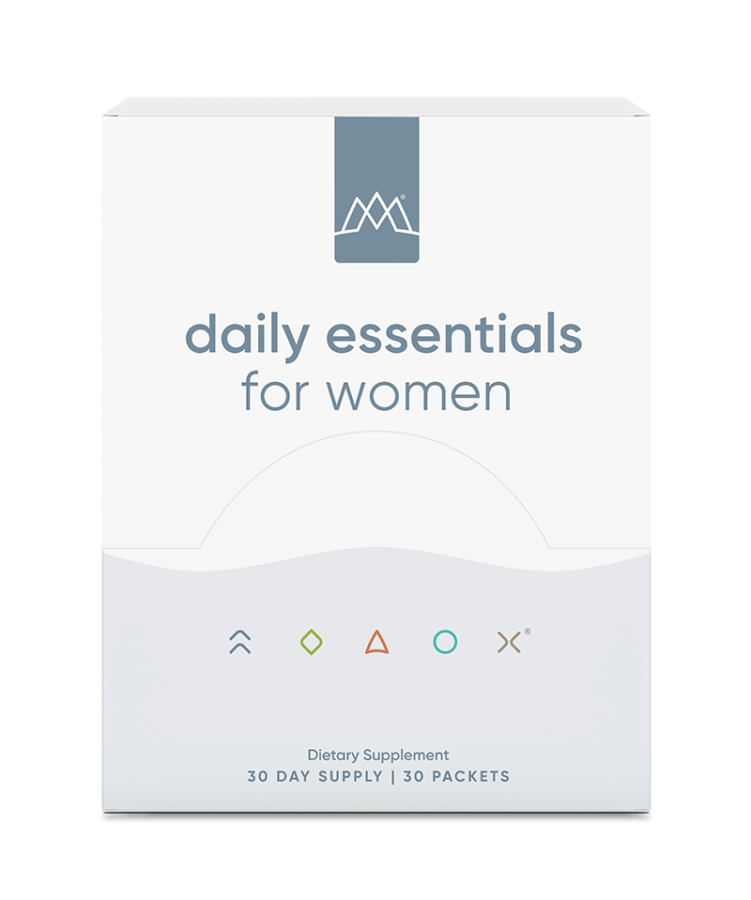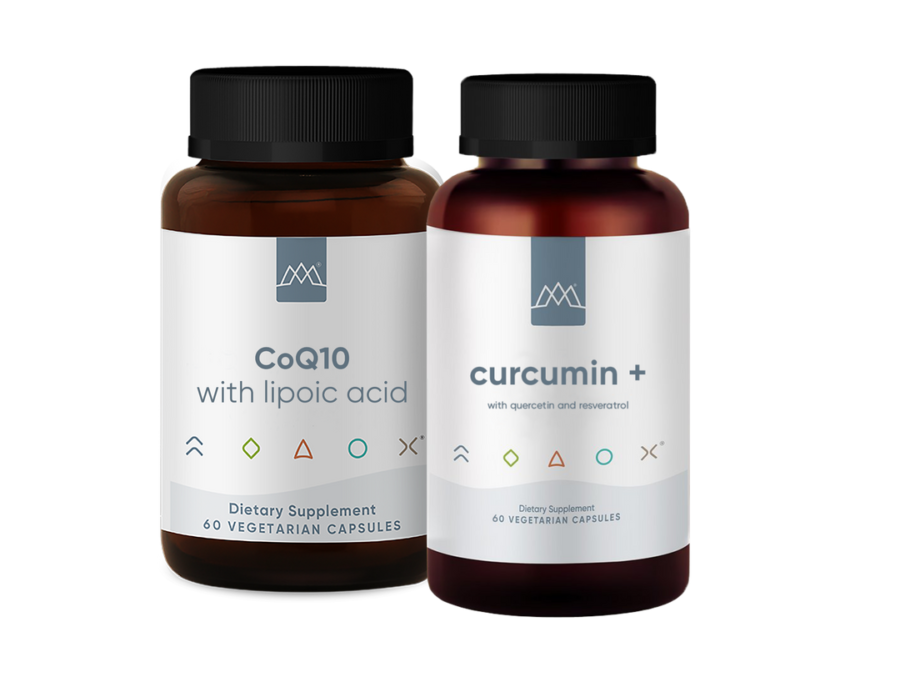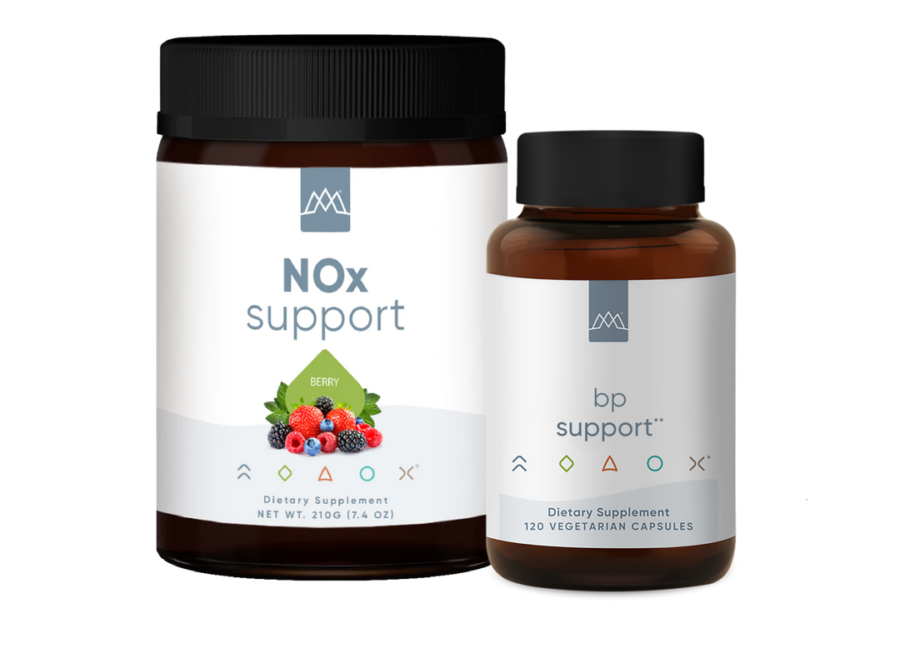The idea of eating out on Valentine’s Day sounds enticing. You might envision a candlelight dinner, dancing, and strolling in the moonlight.
Most of us know the realistic scenario of this romantic holiday.
You wait an hour for a table and pay too much for mediocre, unhealthy food. February weather means you’ll likely be running to your car, rather than along a moonlit beach after dinner. You then gobble stale, sugary drugstore chocolates watching bad TV romance reruns before you and your significant other doze off.
You’ll find plenty of heart-shaped chocolates at your local stores during this time of year, but February is also American Heart Month. The goal is to raise awareness about heart disease while cultivating strategies you need to keep a healthy heart at any age.
Valentine’s Day makes the perfect time to become more aware of your heart health. When you take care of yourself, you give the world the gift of showing up your best. Your significant other will feel secure that you’re healthy and happy. Everyone benefits.
Self-care starts with your heart. When you focus on this vital organ, you feel better, have more energy, reduce your risk of other diseases, and cultivate the confidence that you will be healthy at any age. [1]
To cover all your heart-healthy bases, you need the right nutrients.
 Even if you deviate from your eating plan a bit on this special day, you’ll want to ensure you’re getting the nutrients that your heart — and your entire body — require to thrive. A multivitamin, for instance, can cover the nutrient bases you’re not getting from food. [2]
Even if you deviate from your eating plan a bit on this special day, you’ll want to ensure you’re getting the nutrients that your heart — and your entire body — require to thrive. A multivitamin, for instance, can cover the nutrient bases you’re not getting from food. [2]
Our Essential Packets, formulated for women and men, combine a multivitamin, and all the other nutrients you need, in one easy-to-take packet.
You can make this Valentine’s Day — or any day — heart healthy by taking these nutrients with one of your meals. It’s that easy to know you’re getting the nutrients your body needs to thrive.
With these strategies, you’ll have everything your heart requires to stay healthy for Valentine’s Day and beyond.
- Make fish for dinner. Wild-caught, cold-water seafood is a superfood: rich in protein, nutrients, and healthy fats. The two dominant omega-3 fatty acids in fish, eicosapentaenoic acid (EPA) and docosahexaenoic acid (DHA), provide powerful heart protection. It’s been shown that people who eat more fish have healthier hearts. Our Teriyaki Salmon makes a great starter entree. If fish isn’t on the main menu, you can still get that heart-healthy wallop with our Wild-Caught Salmon Chowder. Not a fish fan? Opt instead for a quality omega-3 fatty acid nutraceutical to get those critical nutrients. [3]
- Explore new recipes. Recent headlines tell the story clearly, up to 90% of Americans don’t like cooking, and they’re spending thousands of dollars to avoid it. [4] Eating out, and grabbing convenience foods, easily add up against your wallet and around your waistline. Valentine’s Day makes a great time to get in the kitchen and experiment with a new dish. Make it fun. Put on some great music and keep the conversation lively. Not sure where to begin? We’ve got some delicious dinner entrees here.
- Make it sweet and healthy. You never need to deprive yourself, on Valentine’s Day or otherwise. That doesn’t mean you should indulge in sugary, processed foods. Besides, eating a heavy dessert after a big dinner makes a surefire way to zap your romantic mood. Good news: You can have your cake and eat it, without any guilt, when you use our decadent, no-sugar-added recipes like our Almond Fudge. They’re quick to whip up, so you can spend more time with that special someone! We’ve got lots more delicious, easy dessert recipes here.
- Add these heart-healthy seeds. Flaxseeds and chia seeds are rich in alpha-linolenic acid (ALA), another anti-inflammatory fatty acid that — like EPA and DHA — can support heart health and much more. [5] You can toss them into a smoothie, or try them in our decadent Essential Bar, which blends flax seeds, chia seeds, and hemp. Flavored with cocoa and other healthy, organic ingredients, they have a touch of yacon syrup for sweetness. Perfect to curb your appetite before a healthy Valentine’s Day dinner.
- Go for the rainbow. A wide array of colorful vegetables and fruits can provide nutrients that protect your heart. [6] Banish any idea of vegetables being boring! Think outside the box with creative healthy side dishes like our Chile-Zucchini Mash or zucchini fries. Really step up those plant foods for Valentine’s dinner! Fresh or frozen organic berries make a delicious, naturally sweet dessert, or use them to make our strawberry gelato.
- Indulge in dark chocolate. The heart-healthy flavonoids in dark chocolate can lower inflammation, improve blood pressure, support blood circulation, and lots more.[7] All of those benefits reduce your risk of heart disease. Most drugstore chocolates don’t make the cut for healthy chocolate. Look for organic dark chocolate with at least 80 percent cacao and no more than four grams of sugar per serving. Be sure to check your portion size, too: Most bars contain several servings!
- Work it out. Moving just 30 minutes a day five days a week can make your heart healthier and reduce your heart disease risk. Physical activity can mean anything that moves your body. [8] For Valentine’s Day, that might mean rollerblading, roller skating, or dancing with your partner. Throw on some catchy tunes and make movement fun!
- Put on something funny. A fun rom-com, feel-good romance, or other lighthearted movie or TV show can be just what you need to dial down a stressful day. Studies show that a good laugh can lower stress, decrease inflammation in your arteries, and support a healthy cholesterol profile. [9]
- Do some down dogs. Rather than veg out with TV reruns after a filling dinner, consider a yoga class or doing some poses at home. Yoga can provide a physical workout while also helping you reduce stress and even support heart health.[10]
- Cultivate your bliss. Whether you spend Valentine’s Day alone or with someone, mindset determines everything. An optimistic, can-do attitude can help lower stress, anxiety, and other mood disorders that can contribute to heart disease. [11] You can’t eliminate stress, but you can create ways to dial it down. How you do that depends on what works for you. Meditation, deep breathing, yoga, or watching a funny movie can all boost your mood while being heart-healthy.
- Hit the bedroom earlier. Not for that, although studies do show people who have less sexual activity have a higher risk of heart disease. [12] We’re talking about sleep here. Regardless of other risk factors such as your age and overall health, not getting sufficient shuteye can increase your risk of heart disease and many other health issues. [13] Aim for at least seven and preferably closer to eight or nine hours every night of solid, uninterrupted sleep. Try increasing your quality of sleep with a vitamin if you have trouble falling or staying asleep.
- Take your vitamins. Even if you’re not completely on track health-wise during Valentine’s Day, that doesn’t mean you should skip the nutrients you need. Taking a few key vitamins can optimize your overall heart health. MaxLiving has three heart bundles to address the most common heart health issues.
 The MaxLiving Cardiovascular Wellness Bundle is specifically designed for anyone looking to support heart health by improving circulation and blood flow, reducing inflammation, and boosting energy so your whole body can run more efficiently.
The MaxLiving Cardiovascular Wellness Bundle is specifically designed for anyone looking to support heart health by improving circulation and blood flow, reducing inflammation, and boosting energy so your whole body can run more efficiently.
• Promotes optimal heart health.
• Helps prevent inflammation.
• May help reduce oxidative stress.
The MaxLiving High Blood Pressure Bundle is an excellent bundle for anyone looking to target blood pressure and improve cardiovascular health.
• Support optimal blood pressure.
• Help improve blood flow.
• Promote proper circulation.
Utilizing proper nutrients through nutraceuticals can be the difference between maintaining a healthy heart and long-term heart disease. Whether you spend the day alone or with someone, give your heart some love this Valentine’s Day!
Skip those sugary heart-shaped chocolates, but let Valentine’s Day be a reminder to support heart health. With these food and lifestyle strategies, you have a solid foundation to reduce heart disease and keep your heart healthy at any age.
References
- https://www.nhlbi.nih.gov/health-topics/education-and-awareness/american-heart-month/about
- https://www.ncbi.nlm.nih.gov/pmc/articles/PMC4109789/
- https://www.ncbi.nlm.nih.gov/pmc/articles/PMC5067287/
- https://www.cnbc.com/2017/09/27/how-much-americans-waste-on-dining-out.html
- https://www.ncbi.nlm.nih.gov/pmc/articles/PMC4224228/
- https://www.hsph.harvard.edu/nutritionsource/what-should-you-eat/vegetables-and-fruits/
- https://www.everydayhealth.com/atrial-fibrillation/diet/heart-healthy-perks-dark-chocolate/
- https://www.healthline.com/health/heart-disease/exercise#1
- https://www.heart.org/en/healthy-living/healthy-lifestyle/mental-health-and-wellbeing#.V9rhtbWKTBI
- https://www.ncbi.nlm.nih.gov/pubmed/26787730
- https://www.hsph.harvard.edu/news/magazine/happiness-stress-heart-disease/
- https://www.ncbi.nlm.nih.gov/pmc/articles/PMC2824175/
- https://www.sleepfoundation.org/excessive-sleepiness/health-impact/how-sleep-deprivation-affects-your-heart






